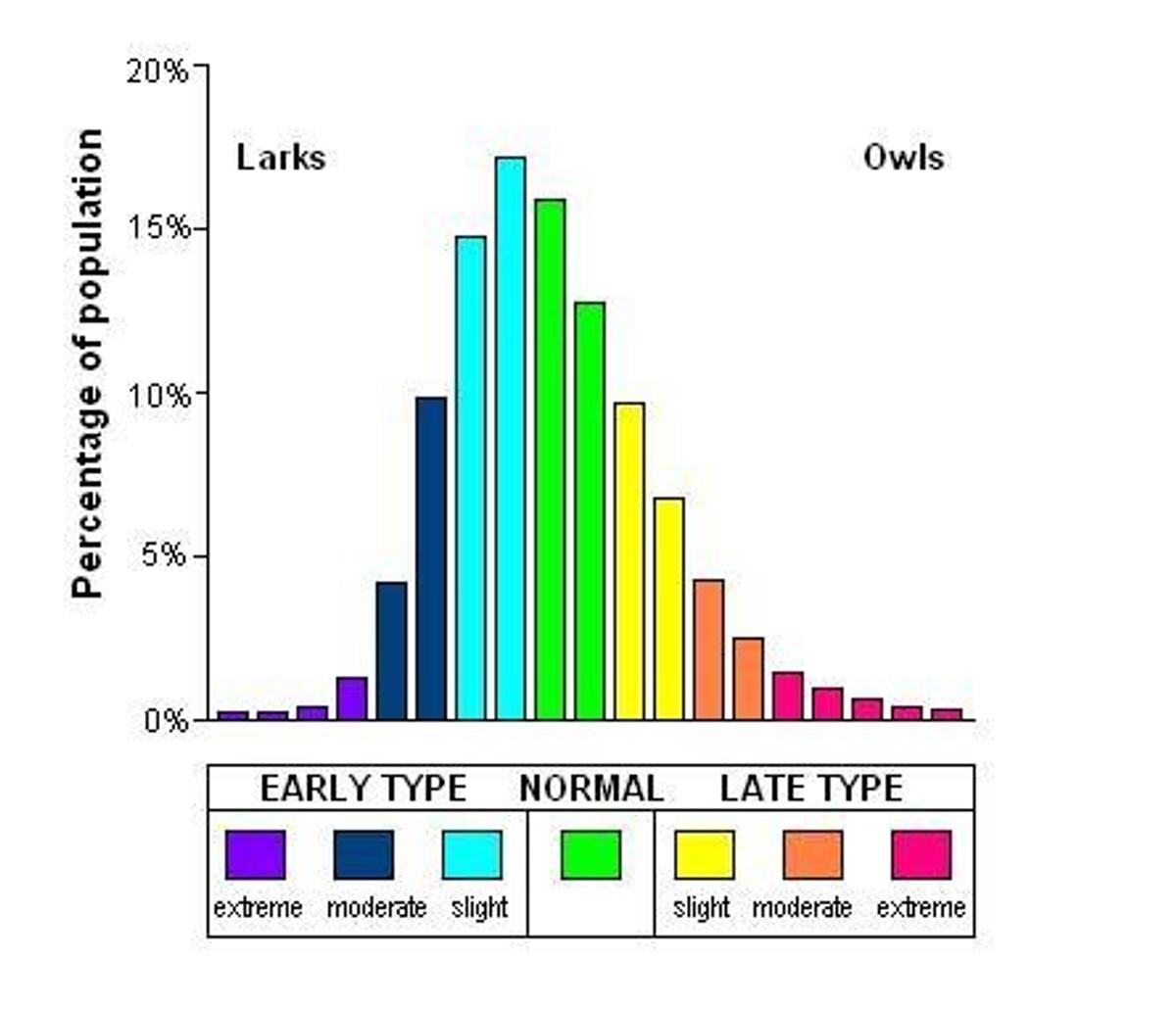Dean of Studies

The Science of Timing – Part Two
In the previous newsletter, I made reference to studies in chronobiology and the structured approach to the timing of tasks (When: The Scientific Secrets of Perfect Timing by Daniel Pink). In our efforts to consider the three categories or chronotypes that affect physiology and psychology, namely Owls, Larks and Third Birds, the key principle is for students to design their revision and study plan with greater specificity. The focus on analytical problems when levels of alertness are high, with potential distractions removed, is typically conducted earlier in our day, and study that requires insight, creativity and inspired thinking, occurs when the levels of energy, focus and mood have dropped.
The task of determining our own chronotype to then structure the study plan is an important step in the design process. According to Daniel Pink (p. 28), the simplest way to determine when your levels of alertness peak is to answer the following:
- Think about your behaviour during ‘free’ days (i.e., The days when you’re not required to awaken at a specific time).
- What time do you usually go to sleep?
- What time do you usually wake up?
- What is the middle of those two times? That is your midpoint of sleep (e.g., If you typically fall asleep around 11.30pm and wake up at 7.30am, your midpoint is 3.30am).
Daniel Pink draws upon the research by the German chronobiologist, Till Roenneberg (The Munich Chronotype Questionnaire: MCTQ) that presents a normal population distribution curve for the following:
By some estimates, the sleep midpoint of an adolescent tends to move towards the ‘late type’ and the design of a study plan may be more effective with a short (30 – 45 minutes) but focused study in the morning before lessons commence, followed by a block (45 – 60 minutes) in the late afternoon and a final block of study between 7.00pm and 10.00pm. Be aware that chronotypes may also change throughout life, and the ongoing challenge is to practice to determine when individual preferences lead to effective learning and revision.
NAPLAN ONLINE – School Readiness Test
The NAPLAN Online was introduced in 2018, with 274 schools in Western Australia participating. In 2019, St Norbert College will transition to the NAPLAN Online. The NAPLAN Online will provide better assessment, more precise results and faster turnaround of information, and will enable student results to be returned to the school within a few weeks rather than a few months. The trial period to determine the College capability is about to commence with the School Readiness Test (SRT), that will enable St Norbert College to assess the technical readiness for implementation of the new online assessment. The SRT allows the College to conduct the national online assessment platform in a real-time classroom environment.
Over the course of a three-week period in August and September, a sample of students in Year 7 and Year 9 will participate in a trial of the assessment platform, by undertaking the online readiness tests using examples of the new NAPLAN Online questions. The test will take approximately 45 minutes to complete, and participation in this trial will assist the College with monitoring our internet connectivity. Students have access via their devices although the College will also trial the use of the lockdown software to ensure integrity of the test, while teachers will have the opportunity to practice managing the classroom logistics for an online assessment and the new test administration processes.
The SRT has not been constructed to assess curriculum knowledge, but rather to provide students with an opportunity to experience the types of questions that will be included in the new online assessments. As such, reports will not be provided, although participation in the SRT is a key step to ensuring a successful NAPLAN online experience in 2019.
ATAR Revision Seminars – Parent Committee subsidy
A reminder that the St Norbert College Parent Committee, offers subsidies to any Year 12 student who attends a revision seminar. If you attended a seminar during the break, please pay and then return your receipt to the College and you will receive the $20 subsidy. Alternatively, students may wish to consider some of the other options available:
- Revise Online - https://www.reviseonline.com
- Learning Fundamentals - http://learningfundamentals.com.au
- Murdoch University Primer Classes (Physics; Chemistry; Mathematics) – Monday, Thursday and Friday, 4.30pm – 6.30pm.
Scholarships – Have your university fees covered
A range of scholarships are offered every year by Western Australia’s public universities (UWA; Curtin; Murdoch; ECU) and private university (Notre Dame) for Year 12 students entering undergraduate courses. Please contact myself at the College if you wish to find out more information regarding university scholarship applications.
Mr R Dowling (Dean of Studies)

